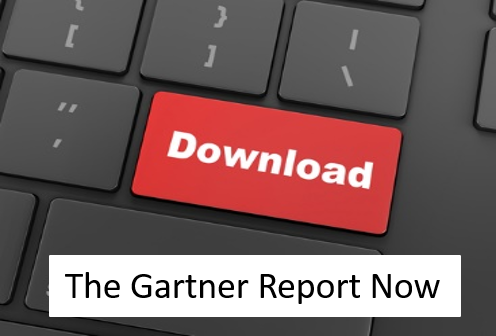The Importance of Efficiency - How to Make Your ERP Work for You and Your Accountants
Performing complex finance and accounting tasks on spreadsheets not only absorbs an enormous amount of accountants' time, the work is also repetitive and tedious. From a work satisfaction standpoint alone, no one should have to sift through a mountain of spreadsheets and peruse thousands of line items, spreadsheet after spreadsheet. Moreover, this is no way to ensure accuracy for reporting and compliance purposes, as these toilsome manual processes are prone to human error, made more likely when accountants work exceptionally long hours to finish their reports.
have to sift through a mountain of spreadsheets and peruse thousands of line items, spreadsheet after spreadsheet. Moreover, this is no way to ensure accuracy for reporting and compliance purposes, as these toilsome manual processes are prone to human error, made more likely when accountants work exceptionally long hours to finish their reports.
While ERP systems provide massive amounts of detailed information, they leave numerous loose ends that accountants must tie up manually. For example, the ERP system can verify if the Accounts Payable sub-ledger total agrees with the Accounts Payable general ledger total, but the underlying data feeding the sums is not transparent. Consequently, accountants must manually verify that all the figures in the general ledger are correct, which is typically accomplished by scouring the relevant data on a spreadsheet-by-spreadsheet basis.
